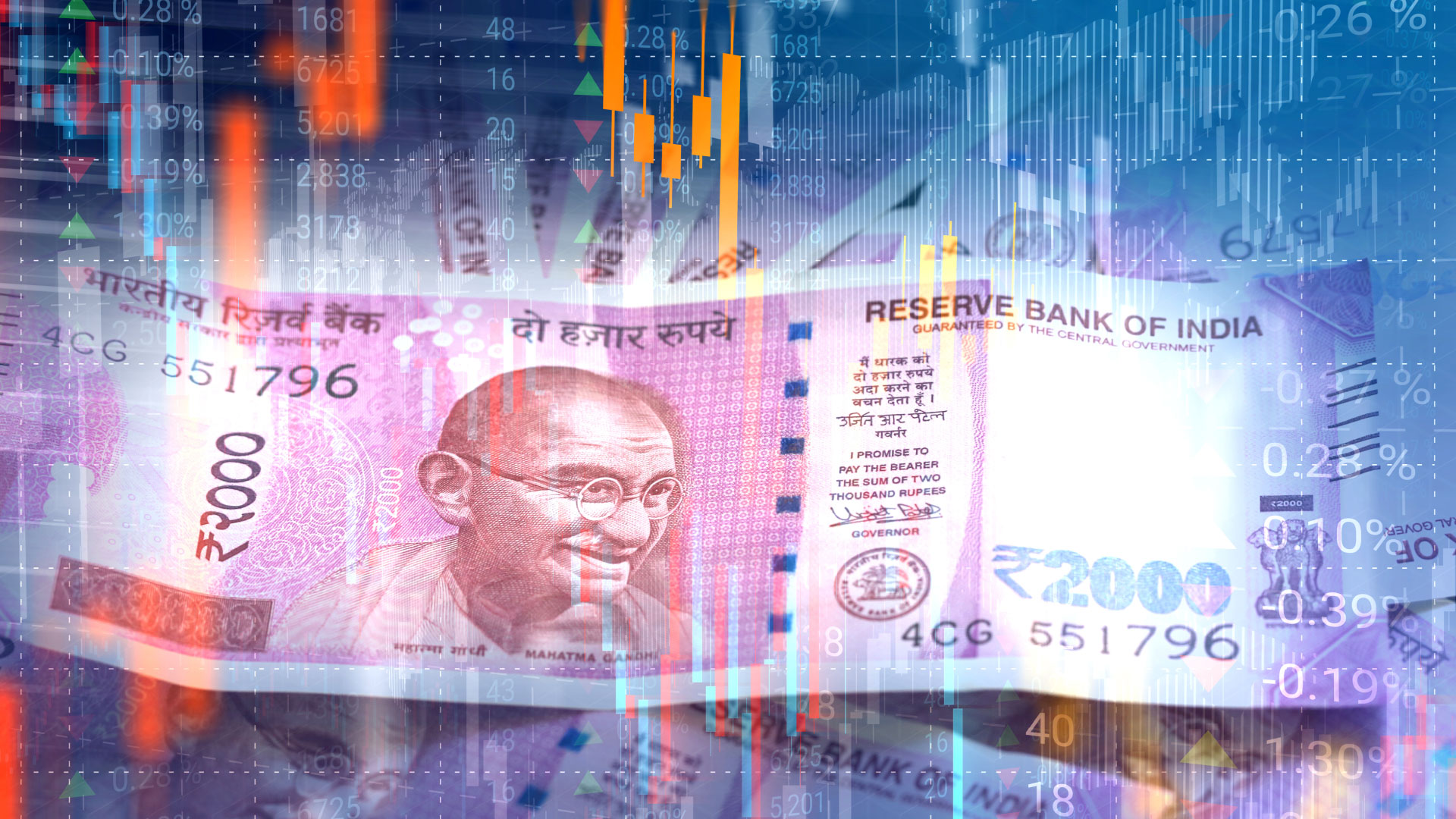
Deutsche Bank Fined For Swap Reporting Outage, Spoofing Violations
Longstanding issues with the bank’s requirement to provide regulators with information about its swaps reporting business have culminated in penalties for Deutsche Bank AG (DBKGn.DE). The US Commodity Futures Trading Commission (CFTC) confirmed that the German investment bank resolved federal court charges stemming from alleged spoofing activity and an outage on its swap reporting platform.
Deutsche Bank has agreed to pay north of $10 million, a reduced fine for cooperation, to settle two separate allegations by the CFTC of market manipulation and violations of data reporting obligations. Officials ordered Deutsche to pay $9 million to settle concerns over a multi-day outage of its swaps reporting platform in 2016. The bank also agreed to a civil penalty of $1.25 million to settle allegations that two of its Tokyo-based traders participated in a spoofing scheme. “We can’t fulfill [our] obligations if we don’t have accurate reporting of the swaps dealing activity of our registrants,” justified CFTC director of enforcement James McDonald.
The larger settlement traces back to a five day “unprecedented outage” in Deutsche Bank’s swaps reporting platform in April 2016. During that period, the bank was unable to report any swaps data for multiple assets, exacerbating existing reporting problems at the firm. The missing data violated a prior CFTC consent order from 2015, which ordered Deutsche to improve its internal controls and led to the imposition of a court-appointed monitor. “This case reaffirms the importance of proper reporting among registered swap dealers,” said director McDonald in regards to the bank’s efforts to fix the problem and avoid further violations.
The smaller penalty stems from allegations that two of the bank’s traders engaged in numerous instances of “spoofing” in Treasury futures and Eurodollar futures contracts on CME. According to the regulatory filing, these unnamed Tokyo-based Deutsche Bank traders relied on spoofing, whereby traders bid and offer with the intent to cancel before execution to benefit smaller orders, in futures contracts from January 2013 until December that same year. The CFTC has been aggressively pursuing traders for this practice, going as far as establishing a task force in 2018 dedicated to rooting out similar forms of market manipulation.
Deutsche Bank has implemented numerous recommendations from the CFTC to improve its reporting. “As reflected in both the settlement orders, we have taken meaningful steps to enhance our controls and are pleased to put these matters behind us,” claims Dan Hunter, a Deutsche Bank spokesman. The bank has since appointed a monitor to ensure compliance with reporting obligations, while many other remediation efforts, including increased supervision and a disaster recovery plan, have been adopted.







